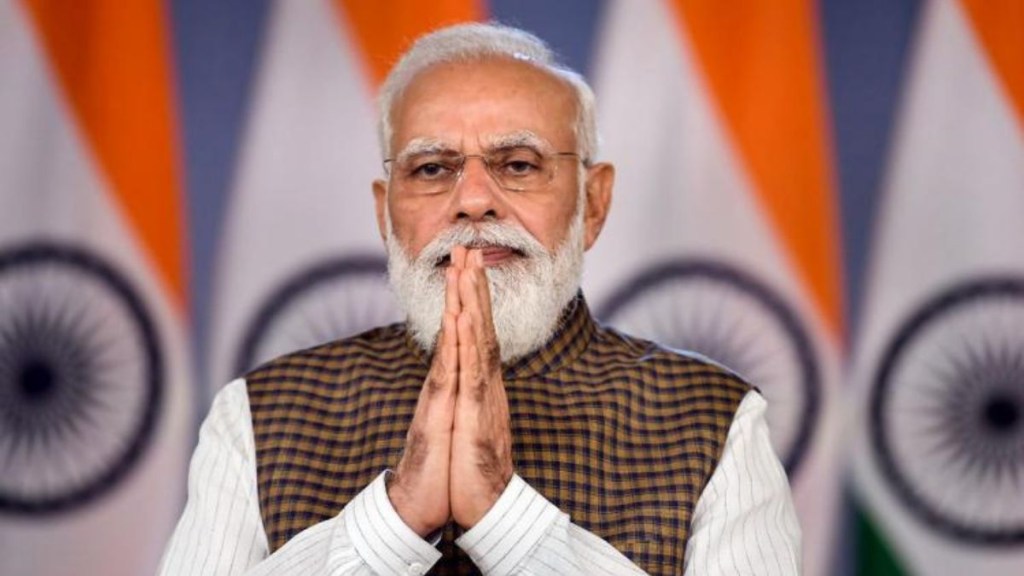Prime Minister Narendra Modi is set to play a crucial role in the upcoming World Climate Action Summit (WCAS) hosted in Dubai, United Arab Emirates (UAE), marking the 28th Conference of Parties (CoP-28).
PM Modi will be there for two days — from November 30 to December 1, the summit falls within the larger time frame of CoP 28, which spans from November 28 to December 12. The UAE holds the presidency for this significant global climate event.
During the WCAS proceedings, PM Modi will be actively engaged in discussions that stem from the 28th UN Climate Change Conference. Notably, in 2021, at the Glasgow event, PM Modi unveiled five specific targets known as Panchamrit, outlining India’s commitment to combating climate change. These targets form an integral part of India’s comprehensive climate action plan.
The visit holds strategic importance as the UAE stands as India’s third-largest trading partner. According to India’s Foreign Secretary Vinay Kwatra, both countries share a robust partnership, particularly in the critical domain of energy security. PM Modi’s presence in Dubai provides an opportune moment for both nations to review and reinforce this vital relationship.
Earlier this year, the UAE had the distinction of being India’s special invitee at the Group of 20 Leaders’ Summit, standing alongside other countries like Oman and Egypt. This underlines the growing importance of diplomatic ties between India and the UAE on the global stage.
Both India and the UAE are committed to expanding their renewable energy capacities in the future. However, they also underscore the pragmatic use of fossil fuels to support economic growth. A key aspect of the discussions will likely involve urging developed nations and blocs, including the United States and the European Union, to fulfill their funding commitments for facilitating energy transitions in the developing world.
Turning to the host country, the UAE, initiatives to combat climate change are underway across various sectors. In the construction industry, there is a dedicated focus on developing low-carbon building materials. Additionally, ambitious plans are in place to make 50% of vehicles on the road hybrid or electric by 2050, signalling a substantial commitment in the transport sector. The maritime and shipping sector sees initiatives like the Blue Pass, aiming to create a cluster of local and international maritime organizations for service exchange. Moreover, the UAE has signed the Clydebank Declaration, outlining a commitment to establishing green shipping corridors.
In the aviation sector, the UAE is taking steps to develop sustainable aviation fuel and low-carbon aviation fuel, contributing to a greener aviation sector.
Will PM Modi have bilateral meetings on the sidelines?
While no official bilateral meetings have been announced by the Ministry of External Affairs in New Delhi, there is a possibility of PM Modi interacting with other world leaders on the sidelines of the summit. On Tuesday during a special media briefing, Israel’s envoy to India, Naor Gilon, hinted at the potential for a meeting between PM Modi and Israel’s President Herzog, contingent on the availability of time.
Prime Minister Narendra Modi’s participation in the World Climate Action Summit holds multifaceted significance, encompassing diplomatic ties, climate discourse, and collaborative efforts for sustainable development. The summit provides a crucial platform for leaders to address pressing climate challenges and foster international cooperation toward a greener future.

